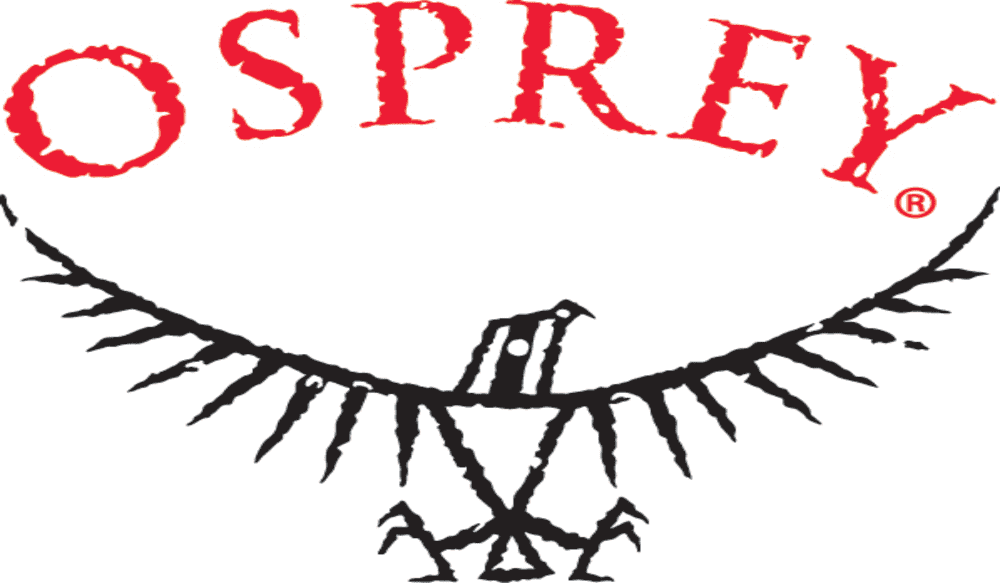

- OSQUERY PACKS HOW TO
- OSQUERY PACKS INSTALL
- OSQUERY PACKS OFFLINE
- OSQUERY PACKS DOWNLOAD
- OSQUERY PACKS WINDOWS
Sending this data to Cloudera Data Platform in AWS or Azure and having CML and Visual Apps to store, analyze, report, query, build apps, build pipelines and ultimately build production machine learning flows on really makes this a simple example of how to take any data and bring it into a full data platform. Or you can check out the Osquery packs guide here. Once you have the data from one or million machines you can do log aggregation, anomaly detection, predictive maintenance or whatever else you might need to do. Zercurity uses Facebooks Osquery to provide the ability for Users to remotely interrogate Assets. I can also do local processing of the data and some local alerting if needed.
OSQUERY PACKS OFFLINE
We could also have osquery push directly to Kafka, but since I am often disconnected from a Kafka server, in offline mode or just want a local buffer for these events lets use Apache NiFi which can run as a single 2GB node on my machine. We then turn JSON osquery records into records that can be used for routing, queries, aggregates and ultimately pushing it to Impala/Kudu for rich Cloudera Visual Apps and to Kafka as Schema Aware AVRO to use in Kafka Connect as well as a live continuous query feed to Flink SQL streaming analytic applications. Dude, where’s my SHA1 Hashing big files with readmax flag. Where did my results go (2) The effect of table order on JOINs. Where did my results go (1) Running queries as user vs. "hardware-monitoring": "/var/osquery/packs/nf", This talk covers 10 common problems encountered by users of osquery, and how to solve them: 1. "vuln-management": "/var/osquery/packs/nf", osquery exposes an operating system as a high-performance relational database. The tools make low-level operating system analytics and monitoring both performant and intuitive. "it-compliance": "/var/osquery/packs/nf", osquery is an operating system instrumentation framework for Windows, OS X (macOS), Linux, and FreeBSD. It presents the endpoint’s operating system as a high-performance relational database, allowing SQL queries to return detailed, organized operating system data. "incident-response": "/var/osquery/packs/nf", osquery is an operating system instrumentation, monitoring, and analytics framework that provides a table-like interface to clients' endpoints.

It lets you query your operating systems supported systems are Windows, OS X (macOS), Linux, and FreeBSD as if they were a relational database, in that you can explore your system data with SQL-like statements. "osquery-monitoring": "/var/osquery/packs/nf", Osquery is an open source tool to monitor IT infrastructure. "SELECT user AS username FROM logged_in_users ORDER BY time DESC LIMIT 1 "

"SELECT uuid AS host_uuid FROM system_info ", "query": "SELECT hostname, cpu_brand, physical_memory FROM system_info ", These logs will show up in Security Onion as event.dataset: windows_eventlog or event.dataset: sysmon."database_path": "/var/osquery/osquery.db",
OSQUERY PACKS WINDOWS
Current parsing support extends to core Windows Eventlog channels ( Security, Application, System ) as well as Sysmon under the default channel location. Windows Eventlogs from the local Windows system can be shipped with osquery to Security Onion.
OSQUERY PACKS INSTALL
The macOS package is a stock Launcher package, and will require additional configuration once it has been deployed.įor macOS deployments, install the package and then configure the following: More information about using Osquery with Wazuh can be found in the Osquery section of our documentation. This integration can be helpful for telemetry and threat hinging. If this value ever changes, the osquery packages under the Security Onion Console (SOC) Downloads page will need to be regenerated.Īll the packages (except for the macOS PKG) are customized for the specific Security Onion grid they were downloaded from, and include all the necessary configuration to connect to that grid. Wazuh agent can be integrated with Osquery, making it easy to capture additional information from the endpoint. See this value by running the following command on the manager: sudo salt-call pillar.get global:url_base. If the hostname is used, the endpoints need to be able to resolve that hostname to the manager’s IP. Osquery will attempt to connect to the manager via the manager’s IP or Hostname - whichever was selected during the manager setup. Then install the osquery agent and it should check into the manager and start showing up in FleetDM. Use so-allow to allow the osquery agent to connect to port 8090 on the manager.
OSQUERY PACKS DOWNLOAD
To deploy an osquery agent to an endpoint, go to the Security Onion Console (SOC) Downloads page and download the proper osquery agent for the operating system of that endpoint.


 0 kommentar(er)
0 kommentar(er)
